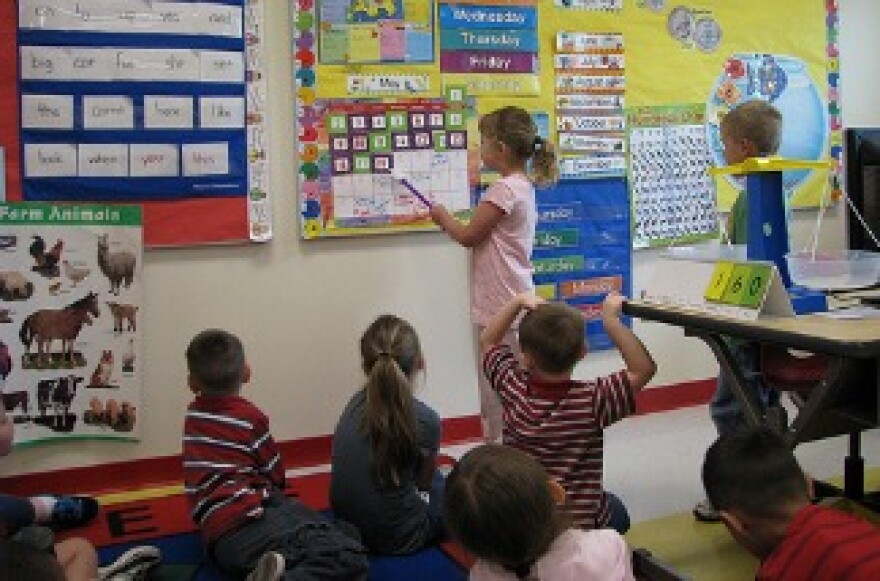Full-day kindergarten is a growing trend in school districts across the country. In California, nearly half of the state’s kindergartners attended full-day classes in 2007-2008. That’s up dramatically from only 11% in 2000-2001. While parents and educators perceive an academic benefit, research support is actually limited. In 2006, researchers at USC and the Public Policy Institute of California released a national study indicating that full-day kindergarten provided some initial educational gains for kids and parents. But by the third grade, those who attended half-day classes had caught up to their peers. Now, a new study that focused on English-language learners in the Los Angeles Unified School District, found no meaningful gains on second-grade test scores or improvement in English fluency. Given the deep budget cuts school districts face, does our national push towards longer kindergarten days make sense? What are the pros and cons of longer kindergarten days? Might there be benefits these studies are missing? Do working parents have the luxury of considering these questions?
Guest:
Jill Cannon, Research Fellow, Public Policy Institute of California (PPIC); lead author of the new PPIC study “Full-Day Kindergarten in California Lessons from Los Angeles”



